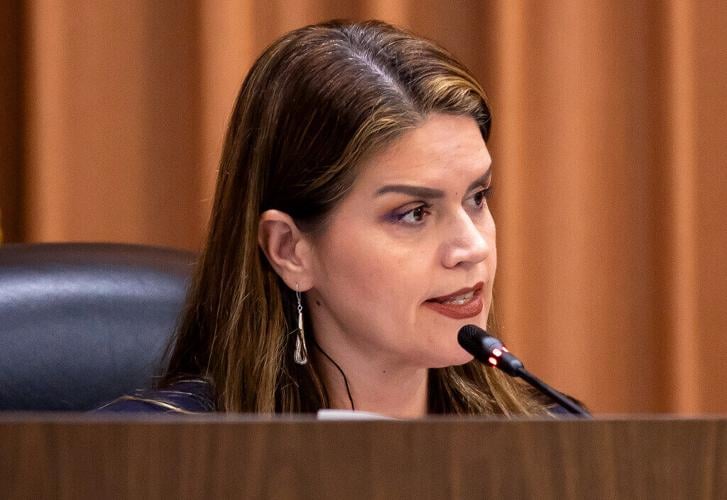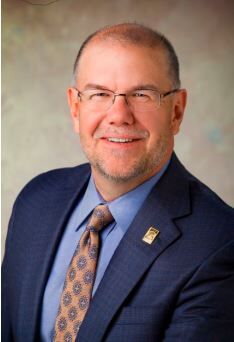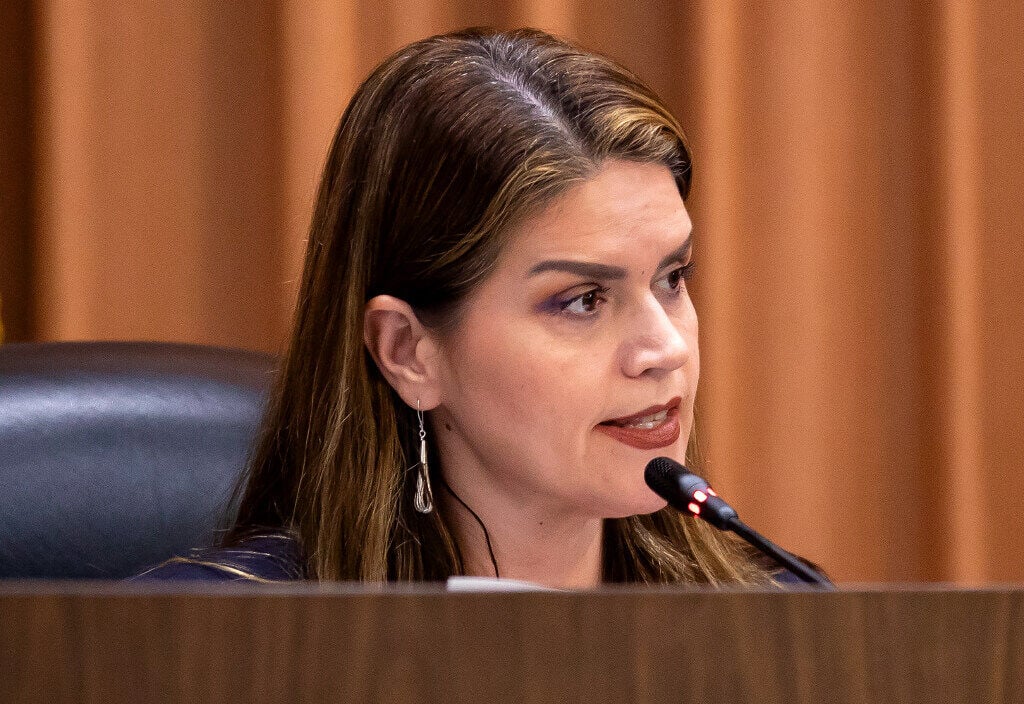The Tucson City Council will decide in the coming months how to spend $150 million worth of extra funds to improve core services like public safety while addressing ongoing hiring challenges.
The city’s accumulated about $150 million above its general budgetary needs and savings fund and is now taking on the challenge of deciding how to spend the money over five years.
The council will dedicate the extra funds as part of a new two-part budgeting process introduced this year. Mayor and council approved a more than $2 billion budget on June 7 for basic operations, and now, the council will have to figure out where the lump sums written into the budget will go.
City Manager Michael Ortega outlined nearly $90 million worth of recommendations for spending part of the extra money, or the supplemental budget, at the city council’s Aug. 9 meeting.
Ortega recommended spending about $11.4 million on the city’s staffing needs, including $3.6 million to hire 50 Community Service Officers, which will conduct non-emergency fieldwork for the Tucson Police Department. The city manager also suggests spending $4.7 million to hire 18 new employees in the Parks and Recreation Department to support park safety and renovations.
For the city’s overall programming needs, Ortega recommended spending $500,000 to develop the city’s new 311 program set to launch in March to reroute nonemergency service requests and strengthen 911 response times. Another $1.5 million is set to go toward improving cybersecurity and IT support.
“It is all based on mayor and council priorities and what we have been hearing for years in terms of the needs that both departments have and the community has,” Mayor Regina Romero said. “The way I see it is that these investments are a direct investment into city services that will benefit our community.”
Other potential investments of the $150 million include:
$18 million for public safety, including equipment upgrades for Tucson’s police and fire departments and building out the Community Safety, Health and Wellness Program.
$10.7 million to complete a salary study and increase employee compensation.
$9.5 million for transit upgrades, such as security cameras and mirrors on Sun Tran vehicles and traffic safety programs.
$5.8 million for homelessness and housing, such as hiring workers for homeless camp clean-up, replacing Tucson House’s elevator, improving programming at the Wildcat House.
How did we get here?
After the 2008 recession hit, Tucson established a strategic reserve goal to wade the financial storm. Per city code, the reserve must save at least 17% of the city’s revenues. But with high inflation and talks of a recession coming, how did Tucson get $150 million extra to spend?
According to Romero: years of financial planning.
“Mayor and council for the last 12, 13 years have worked really, really hard to get to this financial position that we’re in,” she said. “It’s cause to celebrate because we have been good stewards of taxpayer money that we find ourselves in this historic place where we could make decisions for long term transformative change.”
Anna Rosenberry, Tucson’s CFO, said city staff developed this year’s budget with current economic conditions in mind. Splitting the budget into two cycles of base and supplemental funding was part of the strategy to be fiscally cautious.
“Because of that uncertainty, we decided to go ahead and establish the base budget and then see how our revenue estimates are developing, see what happens with the economy and take a little bit more time to pass this supplemental budget in the summer,” Rosenberry said. “It was really kind of a response to the economic conditions and the volatility that was happening this spring. And, frankly, that volatility kind of continues to be with us today.”
Ortega presented the spending plan with cautious optimism, writing to mayor and council in a memo that “Years of strategic decisions” have put the city in “a strong financial position,” but that “We continue to be cautious about the potential for volatility in our revenues and sustained cost inflation that impacts the budget.”

Ortega
During city council’s discussion of the spending plan Tuesday, Ortega offered more insight into this year’s extra funding. Federal COVID-19 relief packages like the CARES Act and American Rescue Plan put more money in the city’s coffers. Plus, voter-approved initiatives such as Propositions 101 and 407, funded by sales taxes and bond packages, have put the burden to pay for things like road improvements and parks off the city’s general fund.
“I think those are important pieces, and they culminate over many, many years. I can tell you that to be sitting here and having this discussion is something that most people dream about having,” Ortega told the council. “But it’s also a moment in time that we have to take advantage of in a very positive way to celebrate, but also not be reckless.”
The city manager will ask for more formal direction from the council on spending the $150 million at its Aug. 23 meeting. The supplemental requests are set to be approved by October.





